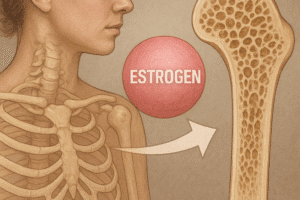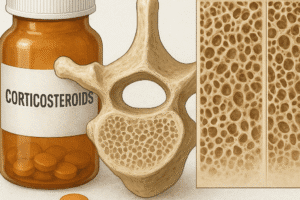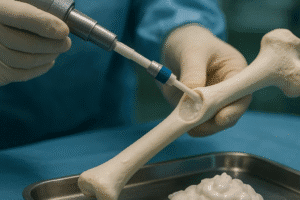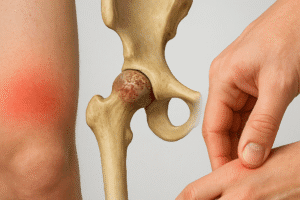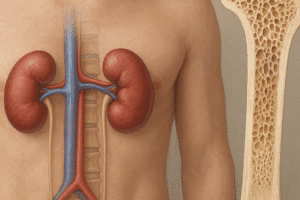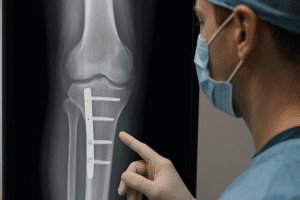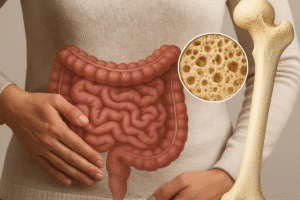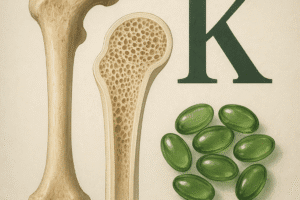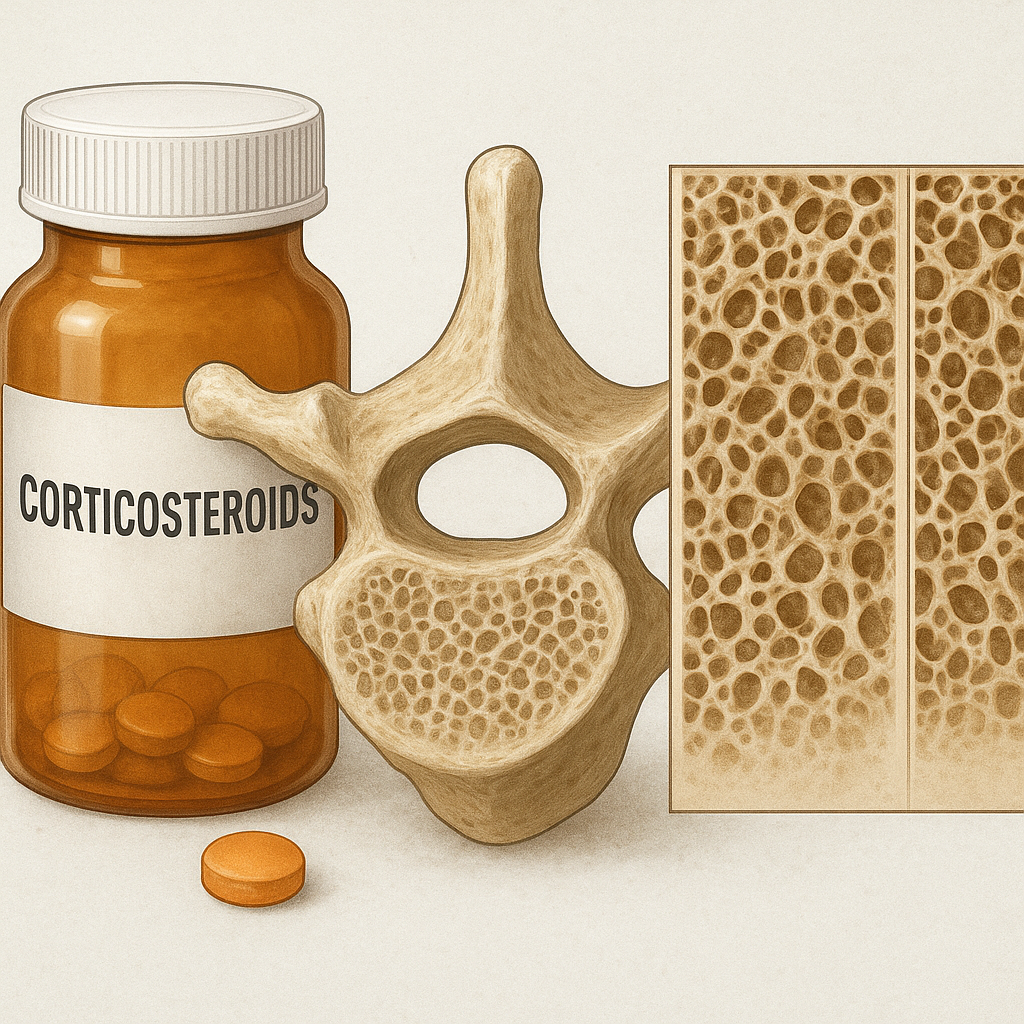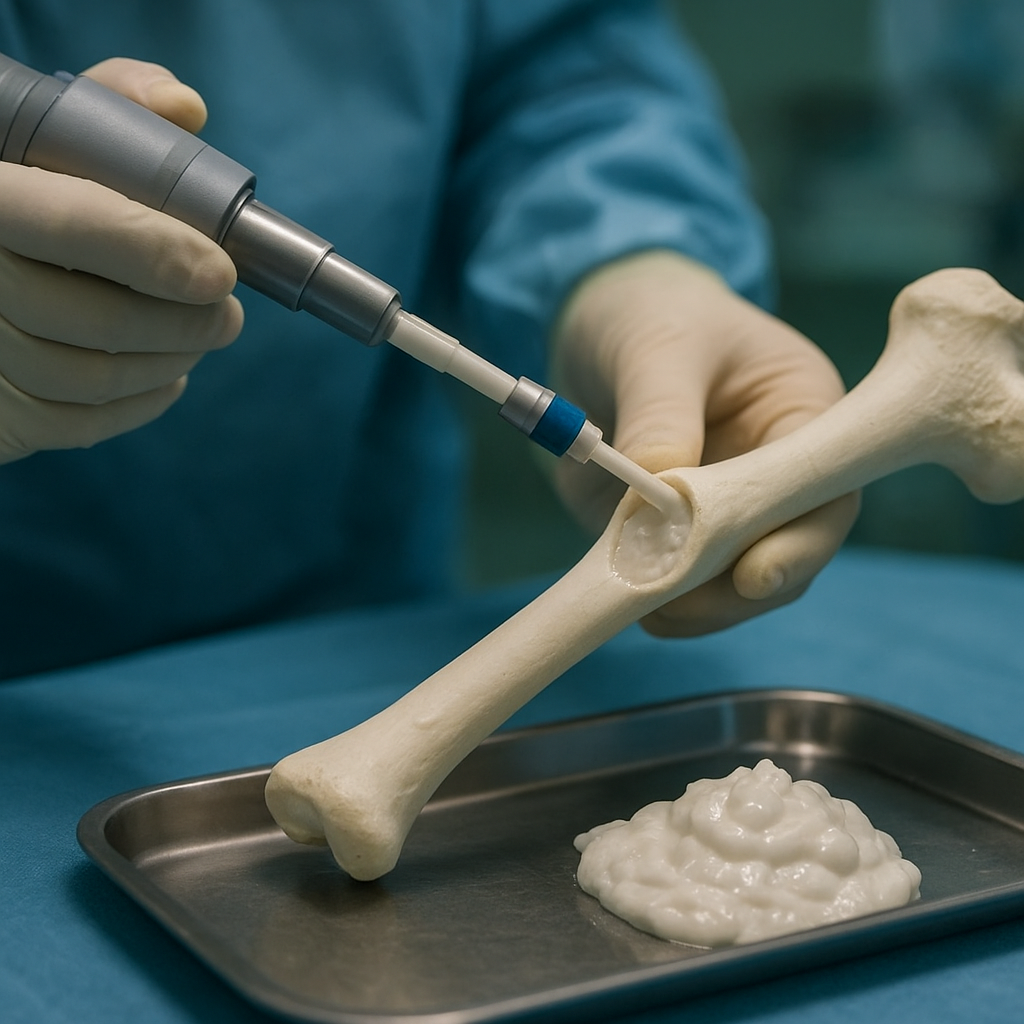The role of vitamin K in bone metabolism is a crucial aspect of understanding how our bodies maintain healthy bones and prevent conditions such as osteoporosis. Vitamin K is often overshadowed by other vitamins and minerals, yet its significance in bone health cannot be overstated. This article will explore the various functions of vitamin K in bone metabolism, its sources, and the implications of its deficiency on skeletal health.
Understanding Vitamin K and Its Types
Vitamin K is a fat-soluble vitamin that plays a vital role in various bodily functions, particularly in the synthesis of proteins required for blood coagulation and bone metabolism. There are two main forms of vitamin K: K1 (phylloquinone) and K2 (menaquinone). Vitamin K1 is primarily found in green leafy vegetables, while vitamin K2 is found in fermented foods and animal products.
Vitamin K1 accounts for about 90% of the vitamin K in the diet and is essential for the synthesis of clotting factors in the liver. On the other hand, vitamin K2 is more closely associated with bone health. It is produced by bacteria in the gut and can also be obtained from dietary sources such as natto, cheese, and egg yolks. Understanding the differences between these two forms of vitamin K is essential for appreciating their distinct roles in bone metabolism.
The Mechanism of Vitamin K in Bone Metabolism
Vitamin K is integral to the synthesis of osteocalcin, a protein produced by osteoblasts, the cells responsible for bone formation. Osteocalcin is a non-collagenous protein that binds calcium ions, which are crucial for bone mineralization. Without adequate vitamin K, the synthesis of osteocalcin is impaired, leading to decreased bone mineral density and an increased risk of fractures.
Moreover, vitamin K also plays a role in the regulation of matrix Gla-protein (MGP), which is involved in inhibiting vascular calcification. This function is particularly important as it helps maintain the balance between bone formation and resorption, ensuring that bones remain strong and healthy. The interplay between vitamin K, osteocalcin, and MGP highlights the vitamin’s multifaceted role in bone metabolism.
Sources of Vitamin K
To maintain optimal bone health, it is essential to include adequate sources of vitamin K in the diet. Here are some of the best dietary sources of both vitamin K1 and K2:
- Vitamin K1 Sources:
- Leafy greens (e.g., kale, spinach, collard greens)
- Broccoli
- Brussels sprouts
- Green peas
- Avocado
- Vitamin K2 Sources:
- Natto (fermented soybeans)
- Hard cheeses (e.g., Gouda, Edam)
- Soft cheeses (e.g., Brie, Camembert)
- Egg yolks
- Chicken and beef liver
Incorporating a variety of these foods into your diet can help ensure that you receive sufficient amounts of vitamin K to support bone health. For individuals who may have difficulty obtaining enough vitamin K from food sources, supplements are also available, but it is essential to consult with a healthcare professional before starting any supplementation.
The Consequences of Vitamin K Deficiency
A deficiency in vitamin K can have significant implications for bone health. Research has shown that low levels of vitamin K are associated with decreased bone mineral density and an increased risk of fractures, particularly in older adults. Osteoporosis, a condition characterized by weak and brittle bones, can be exacerbated by insufficient vitamin K intake.
In addition to its effects on bone health, vitamin K deficiency can also lead to impaired blood clotting, which can result in excessive bleeding and bruising. This dual impact on both bone and blood health underscores the importance of maintaining adequate vitamin K levels throughout life.
Vitamin K and Osteoporosis
Osteoporosis is a common condition that affects millions of people worldwide, particularly postmenopausal women. The relationship between vitamin K and osteoporosis has been the subject of numerous studies, with findings suggesting that adequate vitamin K intake may help reduce the risk of developing this condition.
Several clinical trials have indicated that vitamin K supplementation can improve bone mineral density in individuals with osteoporosis. For instance, a study published in the Journal of Bone and Mineral Research found that postmenopausal women who received vitamin K2 supplements experienced significant increases in bone mineral density compared to those who did not receive supplementation.
Furthermore, vitamin K’s role in the activation of osteocalcin is particularly relevant for individuals with osteoporosis. By enhancing the activity of osteocalcin, vitamin K may help improve bone strength and reduce the risk of fractures, making it a valuable component of osteoporosis management.
Conclusion
The role of vitamin K in bone metabolism is a vital area of research that highlights the importance of this often-overlooked nutrient. From its involvement in the synthesis of osteocalcin to its regulatory effects on bone mineralization, vitamin K is essential for maintaining healthy bones and preventing conditions such as osteoporosis.
Ensuring an adequate intake of vitamin K through a balanced diet rich in leafy greens and fermented foods can significantly contribute to bone health. As research continues to uncover the complexities of vitamin K’s functions, it becomes increasingly clear that this vitamin is a key player in the maintenance of skeletal integrity and overall health.
